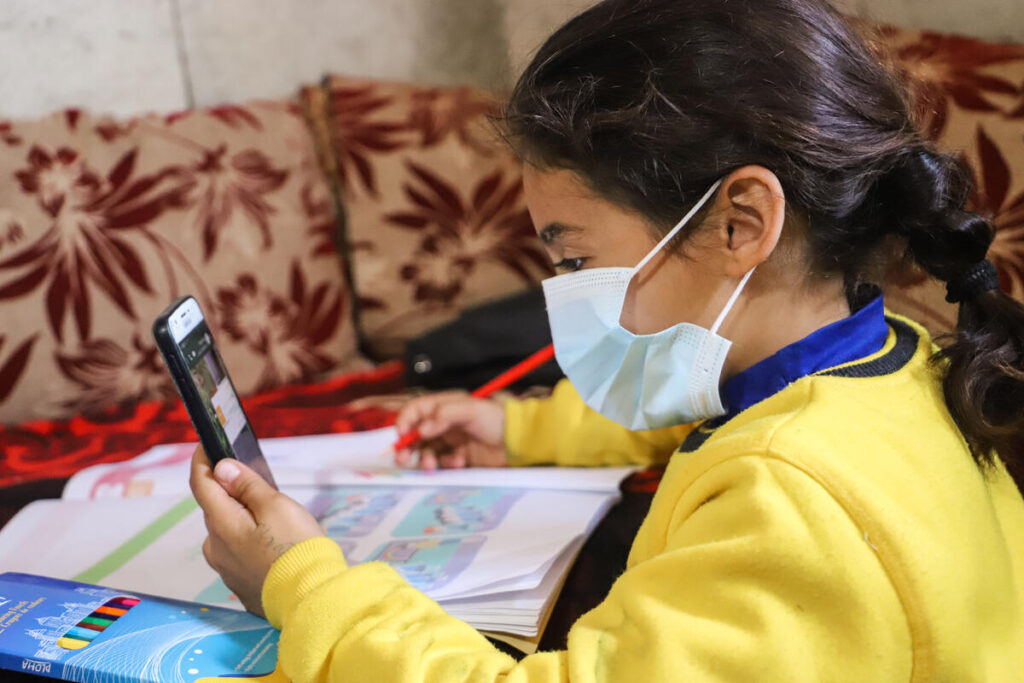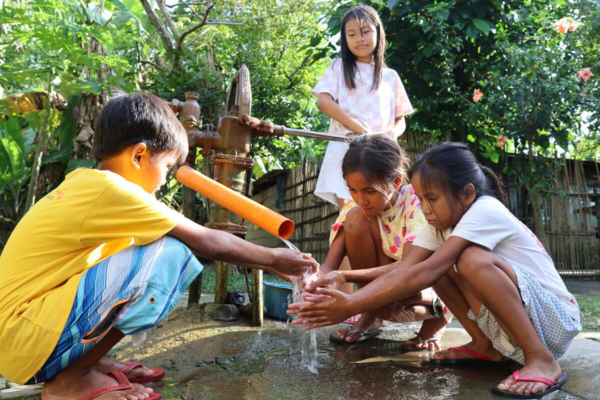Keeping children safe from online sexual exploitation

The COVID-19 pandemic has further exposed children to violence, including online sexual exploitation. A report from the Anti-Money Laundering Council showed that suspicious transactions related to online sexual exploitation rose to an alarming 252% — from 19,000 in 2019, to 47,937 in 2020, when the Philippines went on community quarantine to prevent the spread of COVID-19.
Online predators have taken advantage of the worsening economic crisis caused by the pandemic. In the Philippines alone, the employment rate was at 8.7% (around 3.8 million Filipinos) in October 2020, based on the Philippine Statistics Authority report. The year-to-date joblessness was at its highest since 2005, with an average of 10.4%.
Another factor for the increasing cases of OSEC is the shift from blended learning, exposing children to more time on the internet, therefore a higher chance for predators to take advantage of their vulnerability.
While the government and different child-focused groups are doing their best to protect the children against this kind of abuse, World Vision also calls on parents and individuals to do their part.
“While the internet has a lot of benefits, it also exposes children to a lot of risks and dangers.
Because of this pandemic, children are spending much time online and it’s very important to guide them, support them and teach them how to be safe from violence and risks while staying online.”
Here are practical ways to protect children from online exploitation
1. Discuss internet safety with your children. Explain why it’s important.
2. Monitor messages and images that your children receive and shar eon social media, without hampering their freedom.
3. Supervise internet usage by putting up strict privacy settings on devices
4. Teach children about body safety and awareness. Tell them that they have the right to say NO.
5. Encourage open communication, entertain questions and research answers
6. Be mindful of adults interacting with your children online.
7. Remind your children not to engage with strangers online.
8. Immediately report to proper authorities any suspicious acts of online sexual exploitation of children.
Inter-agency Council Against Trafficking
- Call: 1343 (in Manila); 02 1343 (outside Metro Manila)
- Report online: www.1343actionline.ph
Philippine National Police (PNP) Hotline Patrol, Anti-Cybercrime Group
- Call: 911, (02) 722-0650
- Text: 0917-847 5757
Philippine National Police, Anti-Cybercrime Group
- Report online: angelnet.ph
- Email: [email protected]
National Bureau of Investigation, Cybercrime Division
- Call: (02) 523 8231 to38 (local 3454, 3455)
- Email: [email protected]
Department of Justice, Office of Cybercrime
- Call: (02) 523 0628, (02) 521 8345, (02) 524 2230
- Email: [email protected]
Inter-agency Council Against Child Pornography
- Report Online: http://www.iacacp.gov.ph/report-to-us-2/
- Or go to the nearest barangay BCPC, VAWC and local Social Welfare Office








